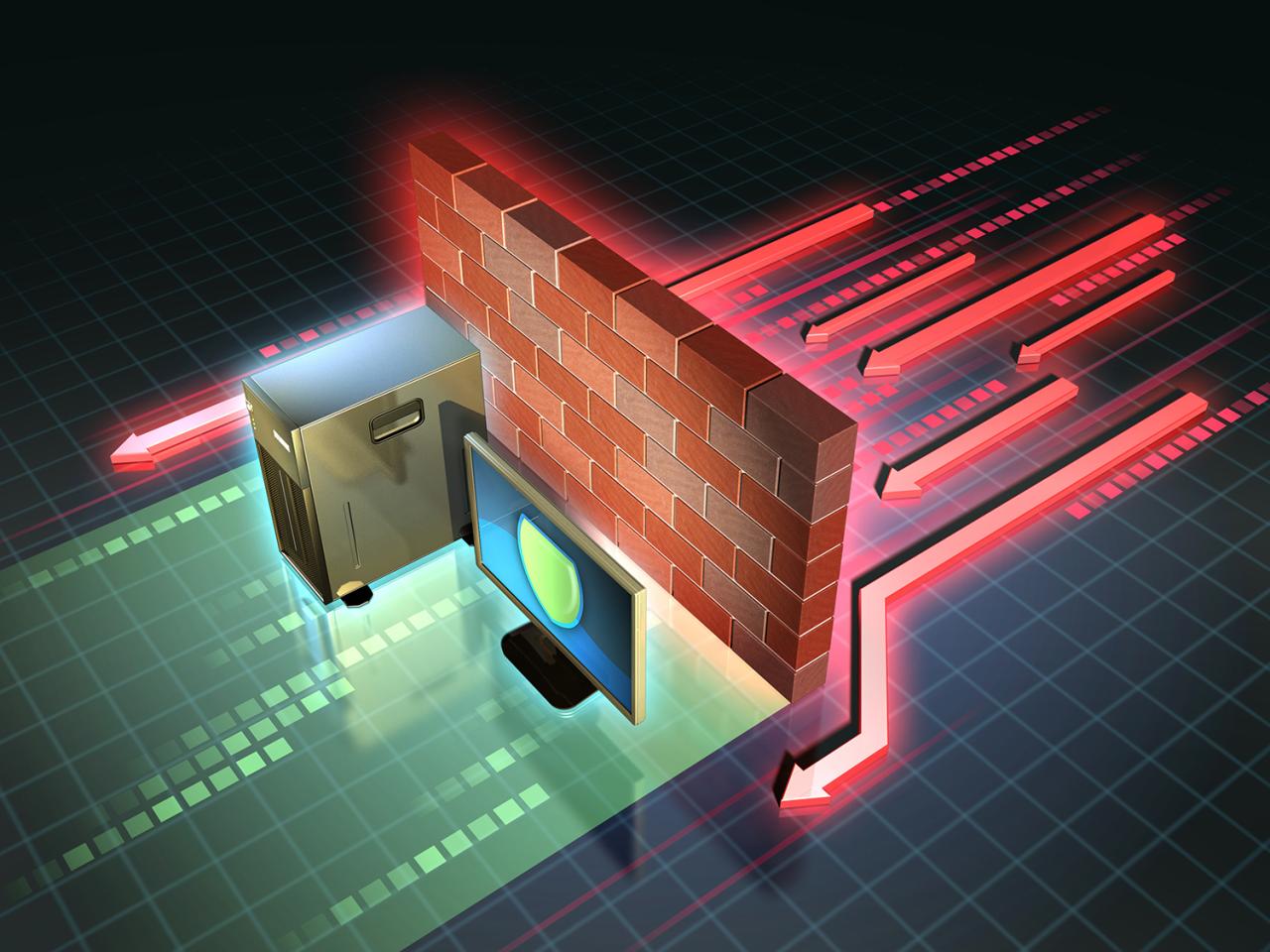In today’s interconnected world, data breaches and cyberattacks are no longer a question of “if,” but “when.” Are you confident that your network is adequately protected against these ever-evolving threats? Network firewall security acts as the first line of defense, meticulously examining incoming and outgoing network traffic, blocking unauthorized access, and preventing malicious software from infiltrating your systems.
Think of it as a digital bouncer, scrutinizing every request before granting entry. But with increasingly sophisticated attack methods, simply having a firewall isn’t enough. This article will delve into the core principles of robust network firewall security, exploring its critical role in safeguarding your data and infrastructure.
We’ll uncover common vulnerabilities, explore essential configuration best practices, and provide actionable insights to fortify your network against the persistent dangers lurking online, ensuring your business remains secure and operational.
Network Firewall Security: Your Digital Fortress
In today’s interconnected world, ensuring the safety of your digital assets is paramount. A network firewall stands as a vital barrier, meticulously examining incoming and outgoing network traffic.
Think of it as a vigilant gatekeeper, determining which data packets are granted entry and which are denied, bolstering your defenses against cyber threats.
Firewalls operate based on a predetermined set of rules, effectively filtering suspicious activity and preventing unauthorized access to your network’s resources. This safeguards confidential data and systems.
Without a robust firewall, your network becomes vulnerable to a multitude of risks, including data breaches, malware infections, and denial-of-service (DoS) attacks. Prioritizing network security is crucial.
Understanding the Basics of Network Firewalls
Essentially, a network firewall is a security system that monitors and controls network traffic based on predefined rules. It acts as an intermediary between your network and the outside world.
Firewalls inspect data packets, comparing them against the established rule set. This determines whether the traffic is permitted or blocked, preventing unauthorized access.
These rules can be customized to address specific security needs, such as blocking traffic from certain IP addresses, denying access to specific ports, or filtering content based on keywords.
Implementing a well-configured firewall provides a robust initial line of defense, significantly reducing the risk of cyberattacks and protecting valuable data.
Firewalls are not just hardware devices; they can be software-based, operating on individual computers or servers. Cloud-based firewall solutions are also available, providing scalable protection.
Different Types of Network Firewalls
There are several types of firewalls, each offering unique approaches to network security. Understanding these differences is essential for choosing the right solution.
Packet filtering firewalls examine individual packets and allow or deny access based on source and destination IP addresses, ports, and protocols. They are simple but can be less secure.
Stateful inspection firewalls go a step further by tracking the state of network connections. They analyze the context of packets, making more informed decisions about allowing traffic.
Proxy firewalls act as intermediaries between your network and the internet. They hide your internal IP addresses, enhancing security and providing caching capabilities.
Next-generation firewalls (NGFWs) combine traditional firewall features with advanced capabilities like intrusion prevention, application control, and deep packet inspection. This offers improved threat detection.
Web application firewalls (WAFs) are designed specifically to protect web applications from attacks like SQL injection and cross-site scripting. They analyze HTTP traffic and filter malicious requests.
Benefits of Implementing a Network Firewall

The advantages of deploying a network firewall extend far beyond simply blocking unwanted traffic. It contributes to overall security posture and operational efficiency.
A primary benefit is enhanced security. By filtering malicious traffic, firewalls prevent unauthorized access to sensitive data and systems. This reduces the risk of data breaches.
Firewalls also prevent malware infections. By blocking access to known malicious websites and scanning incoming files, they can stop malware from entering your network.
They improve network performance. By blocking unwanted traffic, firewalls free up bandwidth and improve overall network speed and efficiency. This helps avoid network congestion.
Compliance with regulations is another key benefit. Many industries have regulations that require the use of firewalls to protect sensitive data. A properly configured firewall helps meet these requirements.
Another benefit is access control. Firewalls can be configured to restrict access to specific resources based on user roles or IP addresses, enhancing internal security.
Configuring and Managing Your Network Firewall
Proper configuration and ongoing management are crucial for maximizing the effectiveness of your network firewall. A misconfigured firewall can create vulnerabilities.
Begin by establishing a clear security policy that outlines the rules and procedures for managing your firewall. This policy should reflect your organization’s security needs.
Regularly update your firewall’s software and rule sets to protect against new threats. Security vendors release updates to address vulnerabilities and improve detection capabilities.
Monitor your firewall logs for suspicious activity. Analyzing logs can help you identify and respond to potential security incidents before they cause damage.
Conduct regular security audits to ensure your firewall is configured correctly and your security policy is up-to-date. This can help identify and address any weaknesses.
Consider using a centralized management system to manage multiple firewalls. This simplifies administration and ensures consistent security policies across your entire network.